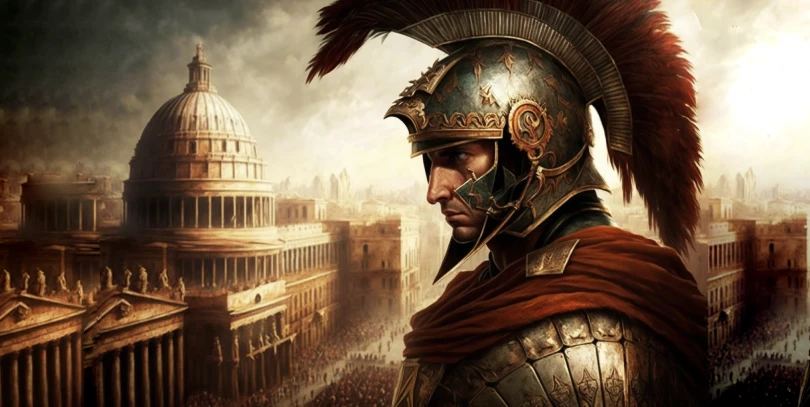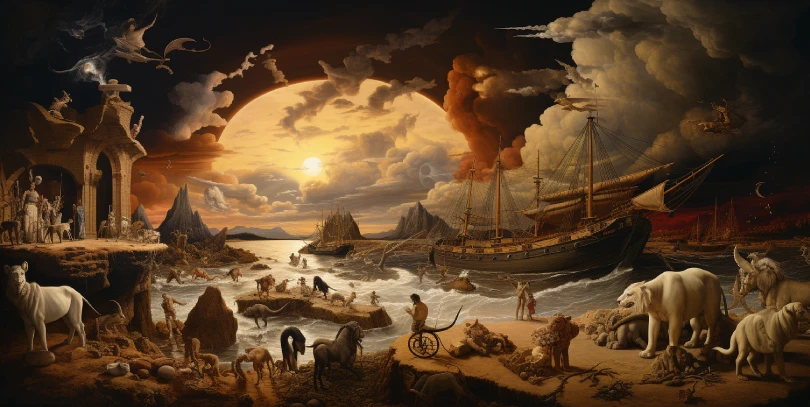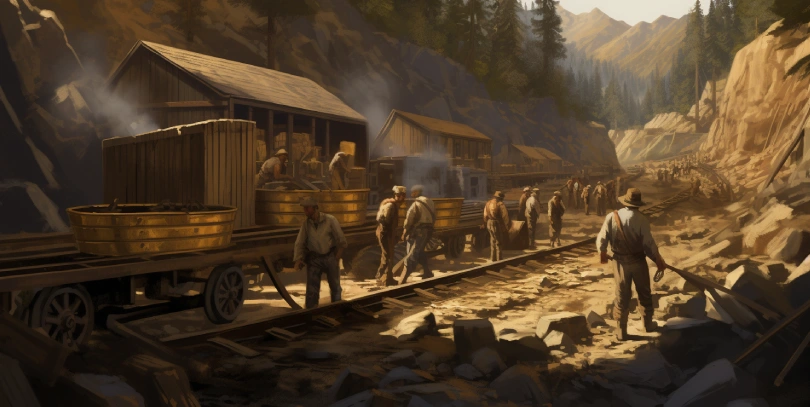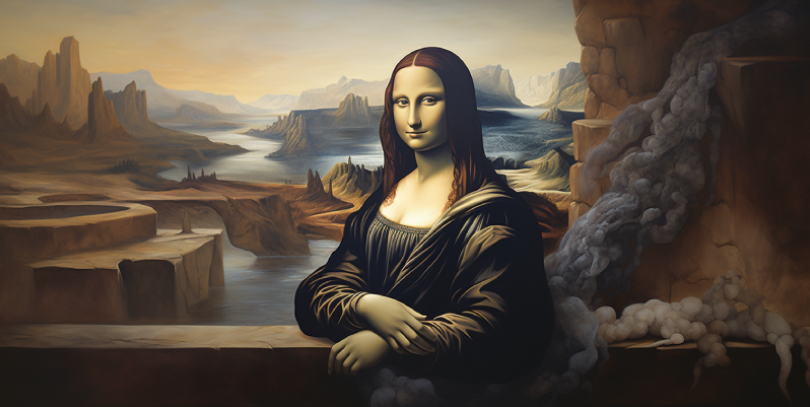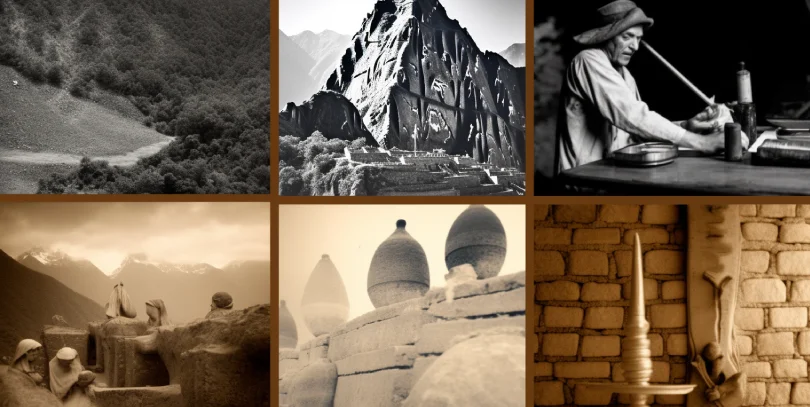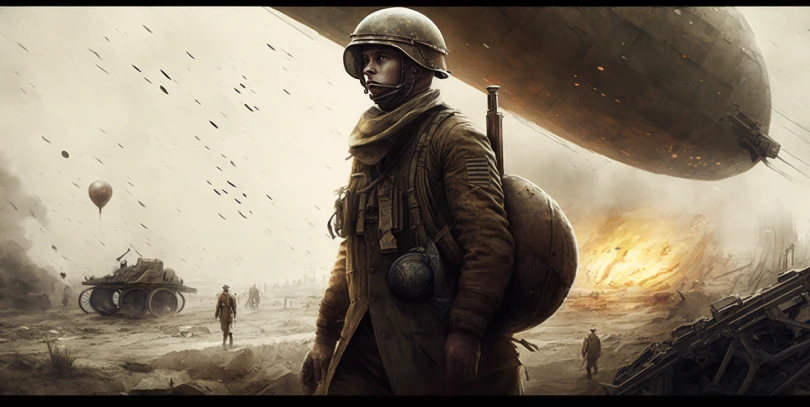The Roman Empire was an incredibly powerful political and cultural force that shaped the development of western civilization. Its vast territories covered large parts of Europe, the Middle East, and North Africa – creating a legacy that still resonates today. The influence of the Roman Empire is still present in our lives today, as evidenced by aspects such as architecture, language and literature that can be seen in many places around the world.
- The Roman Empire was founded in 753 BC and lasted for over 1,500 years until the fall of the Western Roman Empire in 476 AD.
- The Roman Empire was the largest of its kind and at its peak, it had an extensive reach, spanning from Britain all the way to Syria and Egypt in the East, covering a total area of 5 million square miles (or 8 million square kilometers).
- Rome, located in present-day Italy, was the capital of the vast Roman Empire. It was an important commerce hub and acted as one of the most profitable trading centers in Ancient times.
- During its reign, the Roman Empire established one universal language – Latin – which was used by people from various areas throughout Europe and North Africa.
- The Roman Empire was split into two sections – the Western Roman Empire, which collapsed in 476 AD, and the Eastern Roman Empire (Byzantine Empire), which persisted until 1453 AD.
- Under the rule of Emperor Augustus, Rome reached its largest size with around 45 million people living within its borders.
- The government of the Roman Empire was a complex system incorporating both monarchy and democracy, with a senate to represent citizens’ interests, consuls to implement laws, and tribunes to protect commoners’ rights from abuse by the upper classes.
- The Roman Empire had one of the most powerful armies in history, containing nearly 1 million professional soldiers. It was renowned for its strength and effectiveness in battle.
- One of the most enduring legacies of Rome are its roads, which were built to facilitate trade and communication throughout the empire.
- The Romans were known for their engineering prowess, constructing aqueducts to provide public water and sanitation systems, as well as many impressive monumental buildings like the Colosseum in Rome.
- Roman law was one of the greatest contributions of this civilization: its principles were adopted by many other nations and continue to influence legal practice today.
- Roman literature was also highly influential, with works such as Virgil’s Aeneid providing inspiration for generations of writers and thinkers around the world.
- Roman Empire art and architecture were incredibly sophisticated and combined elements from both Greece and Rome, creating a unique style.
- Religion played an important role in the Roman Empire, particularly for the elite who used it to control their people through fear of gods and goddesses.
- Gladiatorial combat was one of the most popular forms of entertainment in the Roman Empire, drawing large crowds to watch fighters battle each other or animals in arenas like the Colosseum.
- Some of the most famous emperors of Rome include Julius Caesar, Augustus Caesar, Nero, Constantine I (the first Christian emperor) and Justinian I (who reigned during a period known as “The Byzantine Golden Age”).
- The Roman Empire was the first major civilization to adopt Christianity as its official religion in the fourth century AD, under Emperor Constantine I.
- Rome was renowned for its higher education institutions, which attracted many brilliant philosophers and intellectuals throughout its history. Notable figures such as Cicero, Seneca, and Galen were among the educated minds produced in Rome.
- Roman cuisine has had a lasting impact on our own diets today; dishes like pizza, pasta, and ice cream have their roots in the cooking of ancient Rome.
- Despite its fall centuries ago, the legacy of the Roman Empire lives on in countless ways: from literature to law, architecture to engineering – all of which continue to shape our world today.
The Roman Empire is a source of great fascination and inspiration for many, even today. It has left lasting impressions on the world in terms of art, architecture, engineering, literature, and law – all of which still define modern civilizations. Although there could be a variety of reasons behind the downfall of Rome, its influence on the world is undeniable. From its great armies to its monumental architecture, it is clear that the Roman Empire has contributed to humanity in an immense way, and these effects will remain for many more years ahead.
Sources:
